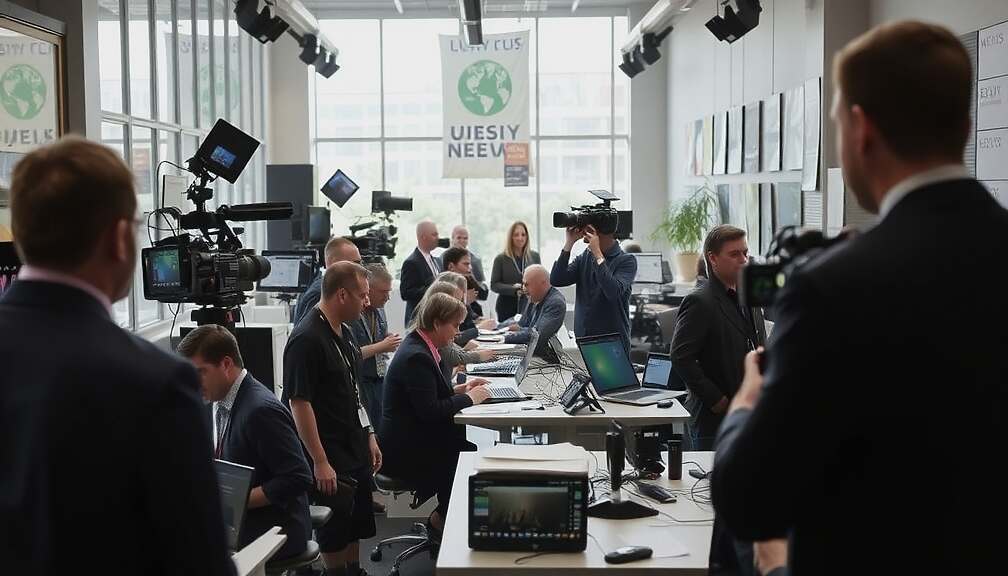Following a period of suspension, the German government is set to reinstate its permits for arms exports to Israel, according to reports confirmed by government spokesperson Stefan Kornelius. The change in policy, effective November 24th, marks a significant shift in Berlin’s approach to supporting Israel amidst ongoing geopolitical tensions.
The initial export freeze, announced in the wake of the conflict in Gaza, was implemented as a direct response to concerns surrounding Israel’s military operations and the potential for German weaponry to be utilized in the offensive against the Gaza Strip. The rationale at the time centered on preventing German arms from contributing to the severity of the conflict and addressing growing international criticism of Israel’s conduct.
While a fragile ceasefire has largely prevailed since October 10th, curtailing the intensity of hostilities, the cessation of arms exports had been interpreted by some as a veiled critique of Israel’s military strategy and a demonstration of Germany’s commitment to humanitarian concerns. Critics within Germany and internationally, have questioned the efficacy of the export ban, arguing it placed undue pressure on a key ally while potentially having limited impact on Israel’s overall military capability.
The decision to resume arms exports now arrives amidst a complex political landscape. While the immediate battlefield intensity has lessened, diplomatic efforts to secure a lasting peace remain precarious. The timing suggests an increasing pressure from within the governing coalition to reaffirm Germany’s commitment to its security partnerships, potentially outweighing the lingering concerns about the potential misuse of German weaponry.
However, the move has already drawn criticism from human rights organizations and opposition parties, who argue that the resumption of arms exports signals a normalization of relations with a government facing allegations of human rights violations. The political ramifications are considerable, potentially fueling domestic debate and drawing renewed scrutiny of Germany’s foreign policy priorities and delicate balancing act between strategic alliances and ethical considerations. The precise criteria used to assess the suitability of exported weaponry for use in Gaza remain unclear, raising questions about the government’s commitment to ensuring compliance with international law and responsible arms trading practices.












